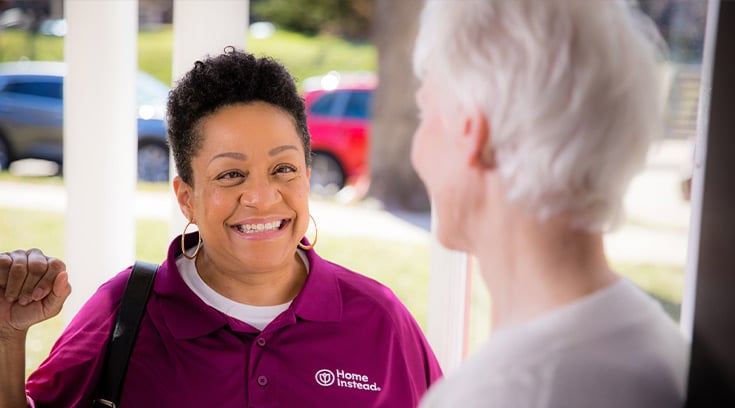“Shelley,” a 51-year-old single mother who raised three children on her own, including a son who survived cancer, also cared for her father and mother before they died. “Caregiving and working were hard emotionally, physically and mentally, and it took a toll,” Shelley said. “There were a couple of incidents where my mom fell and I needed to meet the ambulance. My employer said, ‘You know, if you leave, you’re not going to get paid.’ Eventually I was laid off. They said I was good at my job, but I was too slow. I understood. My mind was in two different places.”
Shelley said she felt access to family caregiving resources could have helped her stay employed longer.
Following, from the 2017 edition of Best Practices in Workplace Eldercare by ReACT (Respect a Caregiver’s Time) and the American Association of Retired Persons, is a summarized list of benefits employers are increasingly offering to employees across North America:
- The biggest five-year change in this report was the growing realization that time and flexibility are what working family caregivers value the most. In a survey of North American working family caregivers, conducted by Home Instead, Inc., franchisor of the Home Instead® network, 56 percent of working caregivers say they just need a little more flexibility to be a much better employee (compared to 46% in 2017).
- Paid time off for caregiving. Half of the companies interviewed have expanded their PTO (paid time off) programs in recent years with at least two (Caring.com and Home Instead, Inc.,) going so far as to implement unlimited PTO. Deloitte made national headlines in 2016 by allowing employees to take up to 16 weeks of PTO annually for caregiving, including care for aging family members.
- Expert information. All of the organizations interviewed offer employees a combination of information resources, referral services, and advice by phone. Most provide these resources online through an Employee Assistance Program (EAP) or an intranet portal managed by Human Resources. More than half provide access to phone consultations or 24/7 hotlines.
- Workshops and webinars. At Pfizer, Inc., free webinars provide information and recommendations for caregivers facing different caregiving situations. Emory University offers about a dozen in-person workshops and webinars each year with experts on common caregiving issues such as legal issues, family conversations and managing the care of a loved one living with dementia.
- Legal and/or financial advice. Employees at Bank of America take advantage of up to four free legal consultations annually on topics such as preparation of wills, healthcare directives and proxies, and financial power of attorney agreements.
- On-site support. Several of the companies studied saw value in offering an independent eldercare consultant onsite. For employees, having a go-to expert onsite at work eases the burden of researching and vetting support services, which can be stressful as well as time-consuming, the report noted.
- Intangibles such as culture. Nearly every company interviewed mentioned a supportive culture as a key success factor.
- Care consultations. One of the hallmarks of the University of Arizona’s eldercare assistance program is free consultations available to faculty and students that include a gerontologist who develops a caregiving plan for employees.
- Emergency back-up care. At CBS, employees benefit from up to 15 days of emergency backup care services with most of the services subsidized by CBS with the exception of a small co-pay asked by the employee. At Home Instead, Inc., employees are eligible for reduced hourly rates when they engage Home Instead professional CAREGiversSM for their loved ones.
- Caregiver support groups or networks. Eli Lilly employees started a support group in 1997 for an outlet to discuss stressful situations and ask other caregivers for guidance. Think about the needs of your workforce and the kinds of resources that could best benefit your employees.
*Best Practices in Workplace Eldercare; online at https://respectcaregivers.org/wp-content/uploads/2017/05/AARP-ReAct-MASTER-web.pdf
Respite Care Services Near Me





